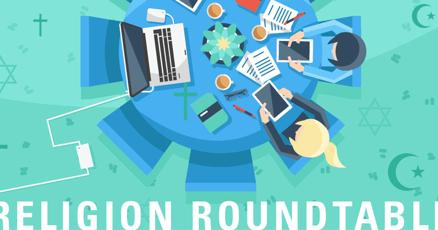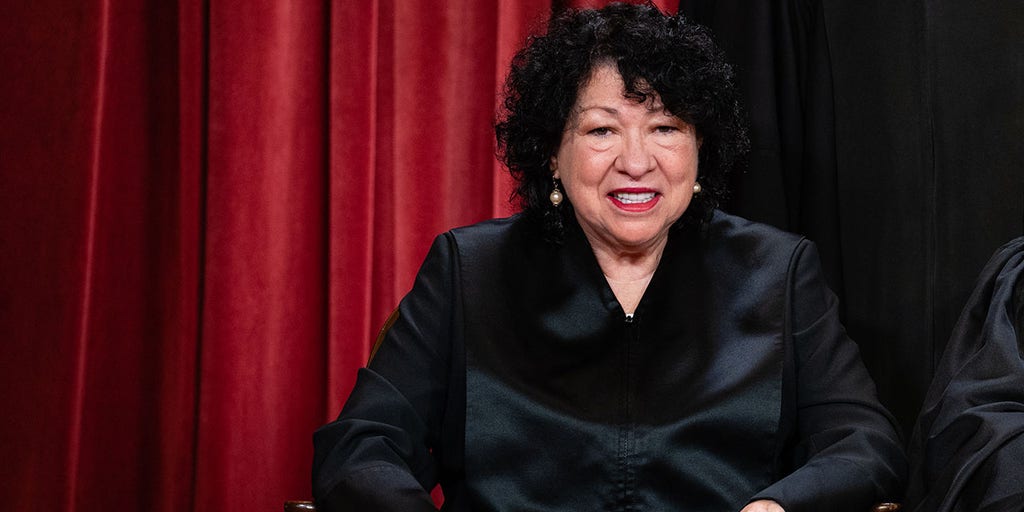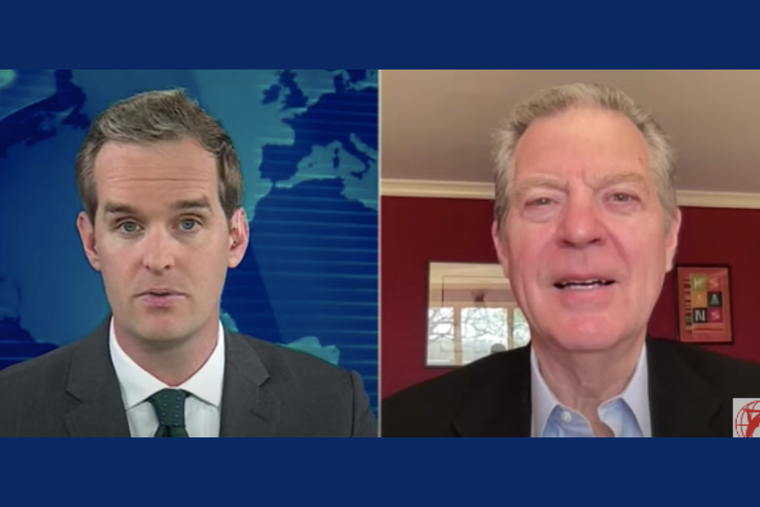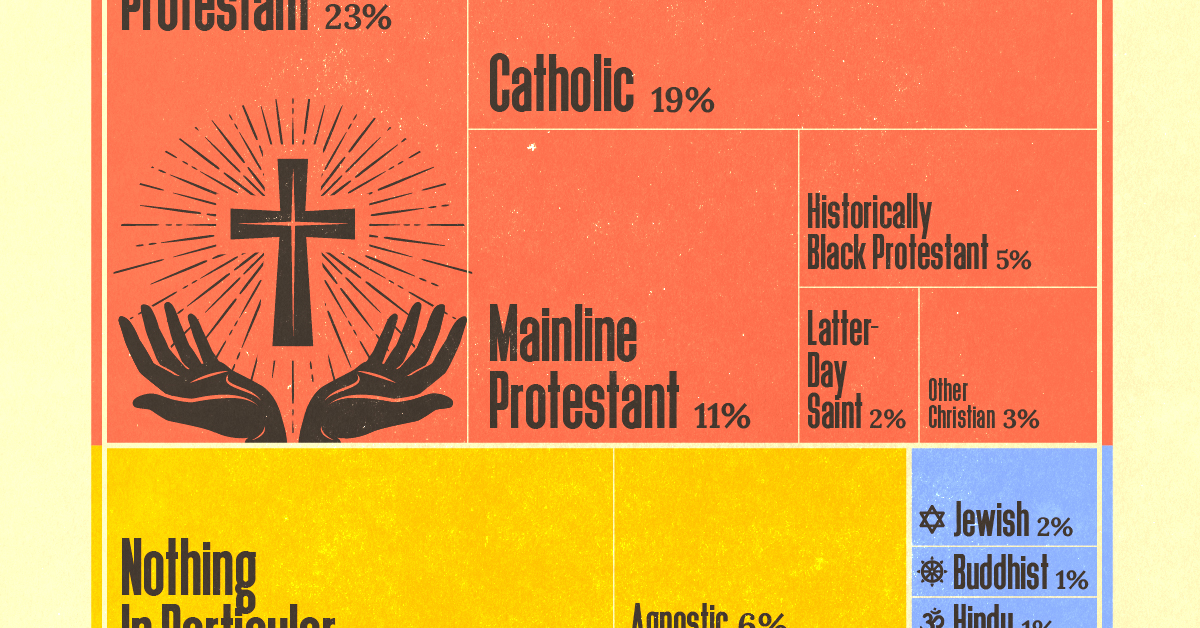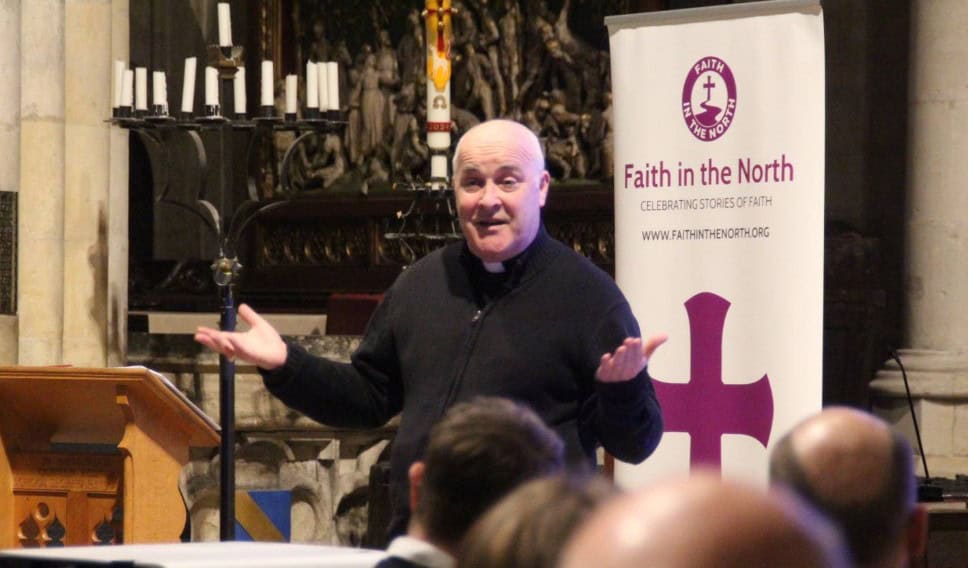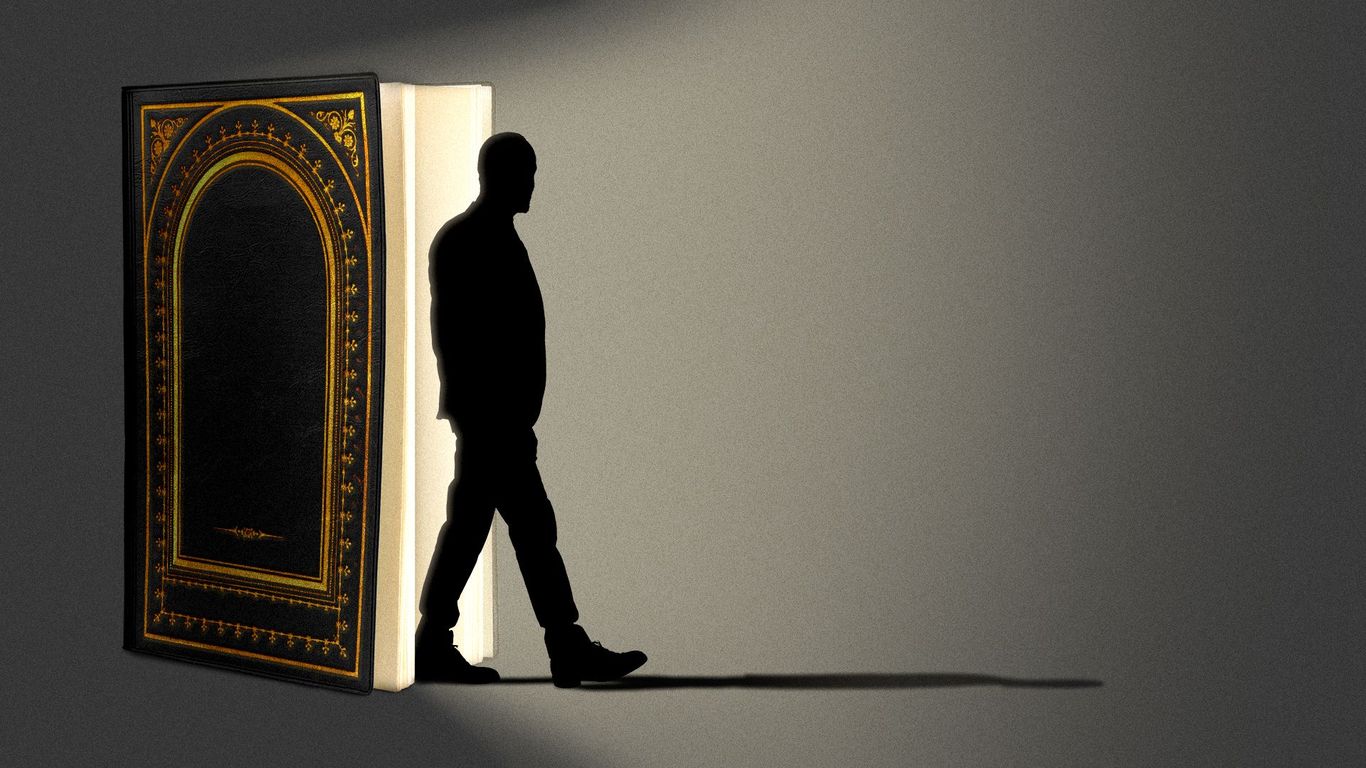Faith in Flux: The Quiet Exodus from Traditional Belief
Religion
2025-03-29 00:00:00Content

As our society rapidly evolves, we find ourselves at a critical crossroads of moral transformation. The gradual erosion of traditional Christian ethical frameworks raises a profound and complex question: Are we witnessing the liberation of human potential or the unraveling of fundamental societal values?
The decline of Christian moral influence is not merely a statistical trend, but a seismic cultural shift. Where once religious principles provided a comprehensive moral compass, we now navigate a landscape of increasingly fluid ethical standards. This transformation challenges us to critically examine the foundations of our collective moral understanding.
Some view this transition as a necessary progression towards greater individual freedom and intellectual honesty. They argue that moving beyond rigid religious constraints allows for more nuanced, compassionate, and inclusive ethical frameworks. Others see this shift as a dangerous descent into moral relativism, warning that abandoning established ethical guidelines could lead to social fragmentation and a loss of shared values.
The debate is far from simple. Each perspective carries legitimate concerns about the potential consequences of fundamental cultural change. Are we expanding human understanding and empathy, or are we risking the erosion of core principles that have historically maintained social cohesion?
As we stand at this critical juncture, the question remains: Should we celebrate this transformation as a sign of social evolution, or should we approach it with cautious introspection? The answer may lie not in absolute judgment, but in our collective ability to thoughtfully navigate this complex moral landscape.
The Twilight of Tradition: Navigating the Moral Landscape Beyond Christian Ethics
In an era of unprecedented social transformation, humanity stands at a critical crossroads where long-established moral frameworks are rapidly dissolving. The traditional Christian ethical paradigm that has shaped Western civilization for centuries is experiencing a profound deconstruction, challenging our fundamental understanding of morality, social norms, and individual identity.Unraveling the Moral Fabric: A Provocative Exploration of Societal Transformation
The Erosion of Religious Moral Foundations
Contemporary society witnesses an unprecedented dismantling of religious moral structures that have historically governed human behavior. The decline of institutional religious influence represents more than a mere statistical shift; it signifies a fundamental reimagining of ethical frameworks. Sociological research indicates that younger generations are increasingly detaching from traditional religious narratives, embracing more individualistic and fluid moral perspectives. This philosophical transformation challenges deeply ingrained cultural assumptions about right and wrong. As institutional religious authority wanes, individuals are compelled to construct personal ethical systems based on evolving social consciousness, scientific understanding, and global interconnectedness.Philosophical Implications of Moral Relativism
The retreat from Christian-centric moral frameworks opens complex philosophical dialogues about the nature of ethical reasoning. Philosophers and social theorists argue that this transition represents not a moral decline, but a sophisticated evolution of human ethical understanding. By moving beyond prescriptive religious doctrines, society potentially creates space for more nuanced, contextual moral deliberation. Critically, this shift doesn't necessarily imply moral bankruptcy. Instead, it suggests a more dynamic, adaptable approach to ethical decision-making that acknowledges human complexity and cultural diversity. The emerging moral landscape prioritizes empathy, individual autonomy, and collective well-being over rigid doctrinal prescriptions.Psychological Dimensions of Spiritual Deconstruction
The psychological impact of religious moral disengagement cannot be understated. Individuals navigating this transition experience profound existential recalibration. Traditional sources of meaning—religious institutions, scriptural narratives, communal rituals—are being replaced by more personalized spiritual and philosophical explorations. Psychological research reveals that this transition can simultaneously be liberating and disorienting. While some individuals experience increased personal agency, others confront existential uncertainty. The psychological journey involves reconstructing personal identity beyond inherited religious narratives, demanding significant emotional and intellectual investment.Socio-Cultural Ramifications of Ethical Transformation
The decline of Christian moral dominance reverberates through multiple societal domains. Legal systems, educational institutions, and cultural practices are progressively decoupling from traditional religious ethical frameworks. This transformation manifests in evolving perspectives on sexuality, gender, interpersonal relationships, and social justice. Contemporary societies are witnessing a radical reimagining of social contracts. Emerging ethical models prioritize consent, mutual respect, and individual agency over hierarchical, patriarchal structures historically embedded in religious traditions. This shift represents a profound democratization of moral reasoning.Global Perspectives on Moral Evolution
While this analysis predominantly examines Western contexts, global perspectives reveal nuanced variations in moral transformation. Different cultural and religious traditions experience unique trajectories of ethical recalibration. Some societies maintain stronger religious influences, while others demonstrate more rapid secular transitions. Comparative studies suggest that moral evolution is not a linear process but a complex, multidirectional phenomenon influenced by technological advancement, economic conditions, and cross-cultural interactions. The global moral landscape is increasingly characterized by hybridization and dynamic cultural exchange.RELATED NEWS
Religion

When Love Defies Tradition: The Legal Battle That Challenged Religious Norms in 1950
2025-03-12 04:49:31
Religion
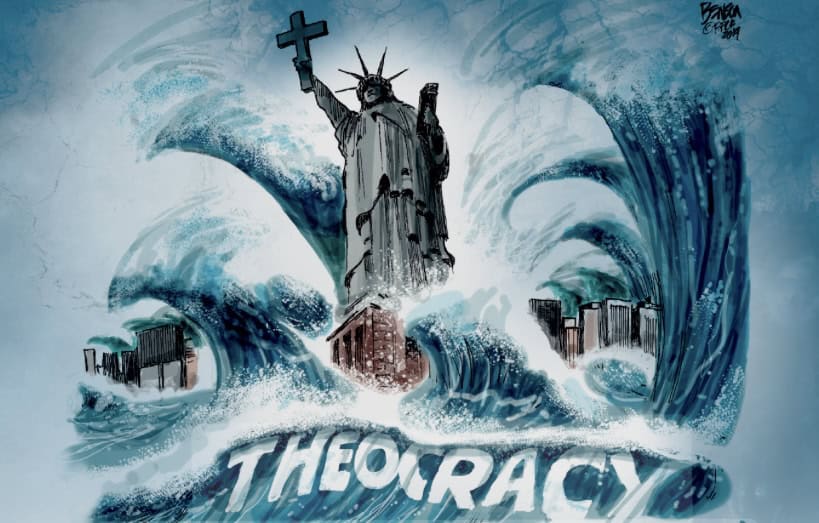
Ironically, Anti-Religious Crusaders May Be Boosting Christian Momentum
2025-03-04 21:35:55
